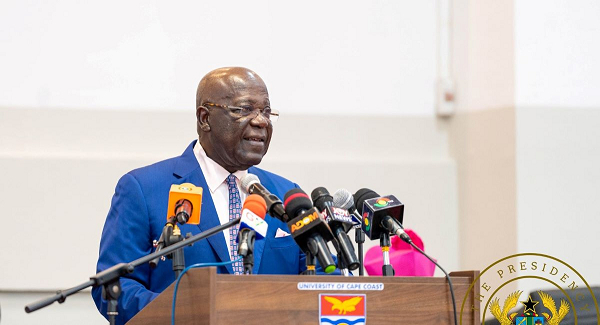How Vibe Coding Helps Entrepreneurs Launch A Product In A Weekend

How Vibe Coding Helps Entrepreneurs Launch A Product In A Weekend
gettyVibe coding is quickly making waves in the entrepreneurial world and for good reason. With the promise of launching a business in a weekend, it’s a new method for anyone tired of slow planning cycles and perfectionism.
Vibe coding focuses on quickly identifying a high-pain, high-demand problem and building a minimum viable product using software such as Lovable to support it. This method is particularly effective for solo founders or small teams aiming to move from concept to market-ready in 48–72 hours.
I saw this in action at a recent hackathon I attended and witnessed endless energy and rapid execution of ideas. Entrepreneurs of all ages and backgrounds were building out their concepts and ideas in just 12 hours. No fluff, no overthinking, just focused momentum.
This movement is gaining traction because it’s challenging the idea that success requires slow, perfect planning. Vibe coding welcomes imperfection, iteration, and real-world feedback. You can launch your first product version now and improve it as you receive feedback from your users.
One standout moment at this hackathon was a presentation by Kazi Hossain, founder of Thred AI, who broke down exactly how to turn a weekend hack into a real business. His simple method made one thing clear: you don’t need a massive team or endless time to launch. You just need the right focus, the right mindset, and a willingness to start.
Here are the three steps laid out by Kazi:
Before you start your build, pause, and ask: Who actually needs this? It’s not about how cool your idea is and how much you like it, it’s about whether it solves a real pain point for someone. Are people struggling with this issue right now? Would they be willing to pay for a solution like yours? This step is all about market validation. It doesn’t matter how brilliant the tech is if nobody wants it.
You don’t need to solve all the problems or build the full product vision at the start. Narrow your focus to one small, specific problem that feels urgent and painful for a niche group. Think of it as a painkiller, not a vitamin. Something your ideal customer needs right now. This sharp focus makes your solution easier to market, test, and sell.
The biggest mistake after a fast-paced build weekend is stopping cold. Kazi emphasized the importance of scheduling time the following week to keep moving. Launch a simple landing page. Post your progress on social media. Reach out to five real people and get them to test your idea. The goal isn’t perfection, it’s taking action. You learn more from five imperfect users than from sitting on a polished concept that never ships.
Starting something new always comes with fear, whether it’s fear of failure, of being judged, or of not having it all figured out. But if you wait until you feel "ready," you’ll be waiting forever. Trust yourself enough to take the first imperfect step. You don’t need a 50-page business plan or a perfect pitch deck. What you need is action, clarity, and enough momentum to get your product into the world.
The bottom line is that vibe coding is rewriting the rules of entrepreneurship. Building a product is no longer about perfection; it’s about purpose, momentum, and getting real solutions into the hands of real people. With the right mindset and a few smart moves, you can turn a weekend idea into a thriving business. If you've been holding back, consider this your nudge: start now, start small, and let action lead the way.
Melissa Houston, CPA is the author of Cash Confident: An Entrepreneur’s Guide to Creating a Profitable Business and the founder of She Means Profit.
She Means Profit is dedicated to advancing women entrepreneurs with the financial education, strategic coaching, and business resources they need to break financial barriers, scale profitably, and build sustainable wealth. Our mission is to increase the number of women-owned businesses generating $1 million+ in revenue, ensuring that more women achieve financial independence and long-term success.
The opinions expressed in this article are not intended to replace any professional or expert accounting and/or tax advice whatsoever.







_1751880097.jpeg)




